|
When commenting on Facebook posts, I quite often type something then think, Oh bugger, I can't be bothered, life's too short, and delete what I wrote. When you challenge an opinion, you expect a debate and you have to be prepared to argue your point. You put some time into it, maybe influence others, and hopefully also learn something by doing it. Most people behave this much of the time. It's normal, it's healthy, it's how we develop both as individuals and as a species. This would be the case in most online discussions, but not in the sensitive world of the paranormal, apparently. Today I was busy at work, feeling a bit stressed, and so took a few minutes out to look at Facebook. A post in a group I belong(ed) to caught my eye. It is run by someone I quite like personally and who is also a psychic medium. The post raised the question of whether psychics should give free readings when asked, and was along the lines of all those posts you've read about creative people rightfully refusing requests to work for free, which I totally agree with. (My wife Denise and I both work in the creative sector and so are well up on this.) So, should psychics, mediums, and psychic mediums occasionally acquiesce to requests for free services? Why should they? No one expects a plumber or car mechanic to work for free, so the argument goes. Fair enough. My admittedly mischievous comment was something like, Perhaps a more pressing question would be: Should psychics ever charge anything for their services? Is it justifiable to charge for a service that cannot possibly be guaranteed? (I stopped short of mentioning New Zealand's rather good consumer protection law, namely the Fair Trading Act and the Consumer Guarantees Act.) I say 'something like' because I can't remember my exact words, and I cannot now go back and check them because I've been banned from the group. I don't believe such a comment contravenes any of the rules of the group; it's not a personal attack, it doesn't use profanity. Of course I can't check the rules either because I can no longer access the group. I'm shut out of reading ensuing comments and I'm unable to defend my viewpoint. But a friend sent me a screenshot of the lengthy rant that my comment provoked. I wasn't shocked, just disappointed. Seems to me some people are over-sensitive to their world view being questioned in any way. And if you are like that, you will never learn anything and never develop. Such over-sensitivity is common in the paranormal world (man, it's hard to write this without puns). A few years ago, I saw a photo in a similar-minded NZ Facebook group which showed some dust orbs and there was a large number of comments upholding the view that the orbs were spiritual manifestations or angels, when they were clearly caused by the camera flash creating highlights on dust floating close to the lens. Such photographic faults were recognised and understood decades ago and few people these days still think there's anything paranormal about them. (The page I wrote for this website ten years ago; Orbs Explained - Most are not Paranormal has consistently attracted thousands of views a month.) In a very diplomatic, non-confrontation way, I suggested - suggested - that perhaps the orbs in the photo were not paranormal. Not diplomatically or non-confrontationally enough, apparently. You guessed it: banned. Hell, I'm not a hard skeptic of the paranormal. I've had experiences I can't explain, and so have many others. We all seek answers, or at least someone to talk to who will listen and take us seriously. This is largely what drove me to co-found the Strange Occurrences group in 2006. I'm agnostic about most things in the paranormal (a position discussed at length in the book 'Spooked - Exploring the paranormal in New Zealand' - Jo Davy & James Gilberd, Random House NZ, 2011), including the possibility of communication with those no longer living via the rare talent of mediumship. I'm open to the possibility and am genuinely interested in exploring it. So, let's not divide the paranormal community into True Believers and Others. Questions such as mine aren't personal attacks. If you block out all views that even gently challenge your own, you risk casting yourself into a world of delusion, a soft, insulating cocoon spun by those 'friends' with similar and supporting views. The internet is wonderful in many ways, but one of its worst features - and greatest dangers - is the facility it offers to isolate oneself from the wide world of genuine, healthy viewpoints, questions and interactions, thus fostering the creation of personal worlds of self-delusion that get deeper and deeper. The worst results of this are in the news every day. Respond, don't turn away. Include, don't block. Question yourself and others. Engage, don't retreat. 29/5/2018
Due to some software glitch we're unable to post comments on this post. The following is posted by the author on behalf of Susan Archer. (If you have a comment to post, please email it to me at [email protected] and I'll add it likewise. Apologies for the problem, though I don't know what the cause is.) I couldn't agree with you more James - it is in the space between the extremes of unquestioning belief and dogmatic scepticism that the most fruitful debates & discussions take place, and we all need to be willing to step forward and engage. I practise both tarot & astrology, and think constantly about how they work or don't work and, certainly within astrology, that's not uncommon. For example, one of the best astrology websites: www.skyscript.co.uk has a Philosophy & Science forum that asks Does astrology work? And you're right, the internet makes it easier for people to huddle in their chosen corners and block out anything that upsets their world-view. We all need to make a big effort to avoid that and keep exploring the fertile grey areas between the black-and-white extremes! - Susan Archer.
1 Comment
This video has been filmed off the monitor screen of a security camera in an office in Guayaquil, Ecuador.
Jose emailed this recent video to us a few days ago and we spent a fair bit of time studying it before offering a tentative opinion as to what's going on. But we have no way of knowing if our possible natural explanation is on the mark. To enable further discussion and collect other opinions, Jose has kindly given permission for us to post this extraordinary video on our site. It's rather mesmerising. BTW, don't let the title of this blog lead your thinking. It was just too catchy to resist, sorry. Comments are most welcome. Please do not copy or distribute this video: it is copyright.
I tried this text on the front page of the site but have moved it back here to the blog, as it's more representative of my personal position and does not fairly represent the NZSOS team overall. We seem to have acquired a reputation for being skeptics of the paranormal. If that means we thoughtfully challenge extraordinary claims, weigh up the evidence carefully, favour the simpler, natural explanation over the inevitably more complex paranormal one, and avoid making claims that can't be strongly supported, well then, we are skeptics. But we have also individually experienced our own share of events that resist natural explanations. That's what keeps us interested and helps us understand what people who approach us for help may be going through. We're all still searching for answers. We don't claim to be doing scientific research, at least in the sense of employing true Scientific Method to the study of paranormal phenomena. We've tried to, but it's more problematic than it sounds, maybe next to impossible; it comes out as being pseudoscience, or even looking 'scientifical'. We're just doing the best we can with the time and resources available to us. More on pseudoscience. Yes, we have all the standard instruments and do-hickeys that they use on TV; EMF meters, FLIR cameras, etc, but we don't think that any of the gear we use can actually detect ghosts. We use this stuff to understand the environment we're investigating, as it picks up stuff better than our human senses, as well as stuff we can't sense at all, and it records more accurately and objectively than memory. It's more useful for eliminating paranormal-based hypotheses than proving them to be true. More on investigation equipment. We have never actually found a ghost! That is; we've never made a claim that anything we have experienced and/or recorded is actually paranormal. The farthest we've gone is, 'This thing happened and we haven't yet been able to find a natural explanation for it.' More And we don't hold a set of beliefs that we're determined to prove is the truth.
If all that doesn't put you off, please feel free to contact us about your paranormal experience. We may actually be able to help! James Gilberd, 6th January 2017. It was a great pleasure to have a walk around in daylight, both in the main hospital and the old nurses' home buildings, with Mark Wallbank of Haunted Auckland and Roz of the Wellington SPCA - - also a paranormal enthusiast. We had plenty of time to take photos, and enjoyed access to all areas. The place has no real menace during daylight (although the old Nurses' Home, which is currently a building site, full of hazards and so off-limits to the public, is still pretty eerie), but a few years ago, during each of the three occasions when Strange Occurrences conducted full paranormal investigations, some unexplained and rather unsettling stuff occurred after midnight - see The Wellington Fever Hospital Investigations 2010-2011 I was pleased that the Wellington SPCA took over this facility in 2013. Because of its haunted reputation, it had become a place to dare to enter and there were many break-ins. Luckily no one managed to set it on fire. Now the SPCA have made good use of this high-quality building in its scenic location, and the security of the site is substantially improved. A large section of the main hospital, most of the West Wing, is available for hire as a function and conference facility - a great place to escape the hubbub of the city and enjoy the unique surroundings. As to whether it's haunted; well, mostly when places are substantially renovated, as the Fever Hospital has been, reports of paranormal experiences die down. This is probably true, but the jury is still out! PDF - Wellington SPCA Conference & Function Centre Information Below: photos taken by James Gilberd of New Zealand Strange Occurrences Society, 9/12/2017.
This photo was sent to us for analysis by Rachel, from her recent trip to New Orleans. Taken in daylight by her sister with an iPhone 7, the photo contains an anomaly: she is apparently missing half her right hand, with which she was holding a medium-sized drink cup - also strangely invisible. We initially thought this was due to subject movement, but none is apparent anywhere in the photo, which shows sharp detail throughout; and the Exif data (printed in full below) gives the shutter speed at 1/429th of a second - brief enough an exposure to freeze all but the most rapid movement. The anomalous area is shown pixel-for-pixel in the detail photo below. It is unaltered from the original we received. We suspect this may be to do with the phone camera's image stabilization system but we don't have any way of exploring that possibility. An internet search did not reveal any similar faults with iPhone7 photos, other than complaints of a watercolour-like effect. The predominance of the bright red fabrics may also be a factor. We don't know what is going on here. Can anyone explain? We would like to hear from you if you know the cause of this anomaly, and/or if you know of similar effects occurring in photos taken using the Apple iPhone7 or any other cellphone camera. Thank you. James Gilberd, New Zealand Strange Occurrences Society Please note: the photos on this page are copyright. The owner has given us permission to publish them here but please do not copy or republish them without permission. Feel free to circulate the link to this page, though. The following is the Exif data from the photo, as shown by Exif Reader.
Update 29 August 2021: adding copy of article 'History Clearer for Glenside Halfway House' from the Independent Herald, 26th August 2021, in response to a question in comments below.
Here's the link to the Independent Herald, 26/8/21 The article, by Abigail Beall for Wired, "If ghosts were real, Brian Cox claims CERN would have found them by now", while somewhat interesting is typically shallow and rather a cheap shot. I'm not anti-science - quite the opposite, actually - it's just that poor-quality, low-level science writing such as the article in question here get my goat. For a start, it does not define what it means by 'ghosts'. Some kind of physical entity is assumed. As we know, there's more than one kind of phenomenon answering to the descriptor 'ghost'. Are we talking about the ghosts that mainly exist in the movies, such as in Peter Jackson's 'The Frighteners', where the comedy-ghosts don't even obey consistent laws of ghost-physics? Or the nastier type in the Paranormal Activity movie series that are able to physically interact with our environment, slamming doors and such, and with people, dragging them screaming out of bed and off to a grisly fate? No one believes that stuff, unless they've binge-watched too many scary movies and are seriously sleep-deprived. Or are we talking about something more subtle, such as crisis apparitions - visions of family, friends or loved ones appearing at around the time of their death or other intense situation? (Telepathy, if it exists, could provide an explanation.) These occurrences are common and have been experienced by many reliable witnesses, testified to and corroborated in published accounts, such that crisis apparitions were held up as established fact by the SPR, whose research and findings are generally rigorous and skeptical. And what about 'time slips'? The phantom Battle of Edge Hill was witnessed by many reliable people of good standing, but a couple of months after it happened!. Three military officers sent to the town to dispel the superstitious rumours all saw the apparitional soldiers and heard the fighting for themselves. There's the famous ghostly Roman soldiers, horses and all, seen by Harry Martindale and several other independent witnesses in the basement of the Treasurer's House in York, a case that has never been disproved. Poltergeists are something different again. So what, specifically, is claimed to be disproved by the scientists of CERN? The so-called 'laws of physics', as with all scientific theories in other fields, are not set in concrete: scientific method dictates this; it is how science works. The vast majority of professional scientists are not engaged in searching for proof of any paranormal phenomena, so they are not going to find it. They mostly work within a career structure that does not permit research even on the fringes of the paranormal. The penalties for transgression may include loss of tenure, refusal of grants and funding applications, and severe ridiculing by peers. Personally, I believe that explanations for many phenomena that are currently classed as paranormal will be found through scientific research and the resulting growth in the understanding of how nature and the cosmos behaves, and how human consciousness fits into this (once we have a better understanding of what consciousness actually is): but indirectly so. A holistic way of thinking will be needed to gain such an understanding. Most scientists are necessarily specialised, and it takes a genius mind with great powers of imagination to understand and bring together a range of specialised knowledge - perhaps from disparate fields - in such a way as to begin to understand the various paranormal phenomena, all of which are unique and highly complex. The later part of the article dismisses ghosts as any kind of physical possibility but does not consider the idea of their occurring in a higher dimension and not having a presence in our familiar 3D spatial reality at all. For my part - and I have no way yet of proving this - it seems that ghosts are not part of this physical world in any sense but more likely are experienced only psychologically; that is, in the mind, be it telepathically or otherwise. For this reason, it is unlikely there will ever be an undeniable photograph of a ghost, unless the camera can somehow capture that which is not physically present or a part of any objective reality. It may be that the human mind (and that of higher animals that can be thought of as possessing consciousness, or - if you prefer - a soul) as well as being the product of brain activity (the Materialists hold that it is nothing more than that) exists also in four-dimensional and perhaps higher-dimensional space, and therefore is not bound by time, at least in the linear way that we perceive it) but extends itself fore and aft of the present moment. The extent and strength of this projection may vary for a number of yet-unknown reasons, but it may be linked to the strength of a consciousness - willpower - and the emotional intensity of events it has experienced. (This is of course just speculation.) So, once we start looking at ghosts not as theoretical, physical entities that can be filmed, weighed and measured, but as a range of phenomena which the human mind is somehow capable of perceiving, maybe in a space that is beyond the familiar three-spatial-dimensions-plus-time model that we're mostly intuitively comfortable with and struggle to think beyond, we may be onto something. The Large Hadron Collider has only really been operating since 2010, and experimentation in particle physics began just in the 20th century, so it's all still pretty fresh territory. So who's to say what future discoveries will or will not be made by scientists using the LHC to explore nature and the cosmos? Probably not Brian Cox, and certainly the writer of the article in question, Abigail Beall. Scientists, whether or not they're looking for an explanation of ghost experiences and other paranormal phenomena, will likely - eventually - provide us with the answers to the questions that have been around for centuries. We just need to keep up with new developments, not take an anti-science stance, and not be put off by articles such as Abigail Beall's that, if not actually pissing on the unwashed from a great height, are nothing more than negative and discouraging to those seeking explanations for unknown phenomena. Relevant links:
This isn't paranormal in itself, but it relates to thought processes for considering paranormal events. Last weekend Wellington experienced a storm, with gale-force, cold southerly wind and a lot of driving rain. Venturing downstairs on Sunday morning, we found quite a bit of water on the floor of the laundry and downstairs room (my Man Cave). We mopped it up, put old towels around the doors, etc, to stop too much more water being driven in by the strong wind. The storm continued Sunday night, and Monday morning it was the same deal with the mopping and the towels. The storm slowly fizzled out and by Monday night it had become calm and dry outside. Then on Tuesday morning, there was a whole lot more water downstairs. It was worse than the previous couple of days' inundation. So, wait a minute; the storm's over, but... Investigation ensued. Not a paranormal investigation, but the same sort of detective work was needed. We looked under the house, on the roof, and up in the roof. Eventually the cause of the flooding was found to be a pressure tank in the ceiling (the cold water tank that provides pressure for the hot water cylinder), which was overflowing. The stopcock had failed and the tank was continuing to fill. Water from it was running along the ceiling and down the internal walls. Up till that discovery, we'd been working under a false assumption: the driving rain from the storm (which was ferocious and hard to ignore) was the cause of the flooding. Although a little water had driven in under the back door and through the cat flap, we'd largely been fooled. The measures we'd taken over the last two days were ultimately ineffective. So once we'd discovered the true source of the water, we were able to do something effective about it: call a plumber! The point of this is that for a long time we were labouring under a misconception. The storm had masked the true cause of the problem, leading us to a false assumption. Any action we took by following this assumption was ineffective. That the storm and the pressure tank fault happened at the same time was merely a coincidence. The result of our misconception was three days of water damage to the house that could've been much reduced. (We're still drying things out, a week later, and the damage inside the walls is probably permanent.) If the storm had not occurred, we would've traced the leak to its true source before it could do so much damage. So, what has all this got to do with paranormal investigation? Well, the type of thinking that resulted in extra water damage is exactly the same as a lot of thinking (or lack of thinking) that goes on around paranormal investigations; before, during and afterwards. It was my own thinking that was wrong, and I've been in a few similar situations during paranormal investigations, where one apparent, major event masks a less obvious one. Or a false assumption about paranormal activity masks the true, natural reason for a set of events, maybe leading to someone's personal distress. So, we shouldn't always settle on the most obvious conclusion without thinking around and beyond it. What if we're wrong because we're being misled?
This is one of the main reasons for working as a team. And, as in business, sports and elsewhere in life, a team formed of people who don't all think alike, a team where people are comfortable about questioning the assumptions of other team members, including the leader, is a stronger and more effective team. A team made up of paranormal believers will be more easily misled and thus less effective than one containing a people with a range of beliefs and views; from believer through agnostic through to skeptic. (It's fair to say, then, that a team comprising only skeptics and scientific thinkers would be equally ineffective in investigating the paranormal; they're more likely to miss stuff that people more open to the paranormal might more readily perceive.) So, from this mundane plumbing issue, I have learned two lessons:
|
Ectoplasmic Residueis a blog by James Gilberd - leader and co-founder of Strange Occurrences. Views expressed here do not necessarily represent those of the Strange Occurrences team. AuthorJames Gilberd is an amateur paranormalist, writer and musician, and a professional photographer, living in Wellington, New Zealand. Archives
February 2021
Categories
All
|

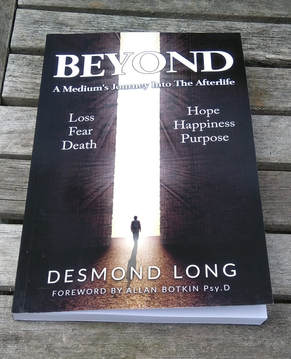
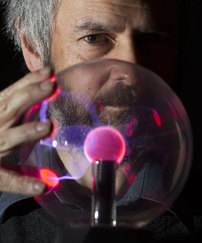
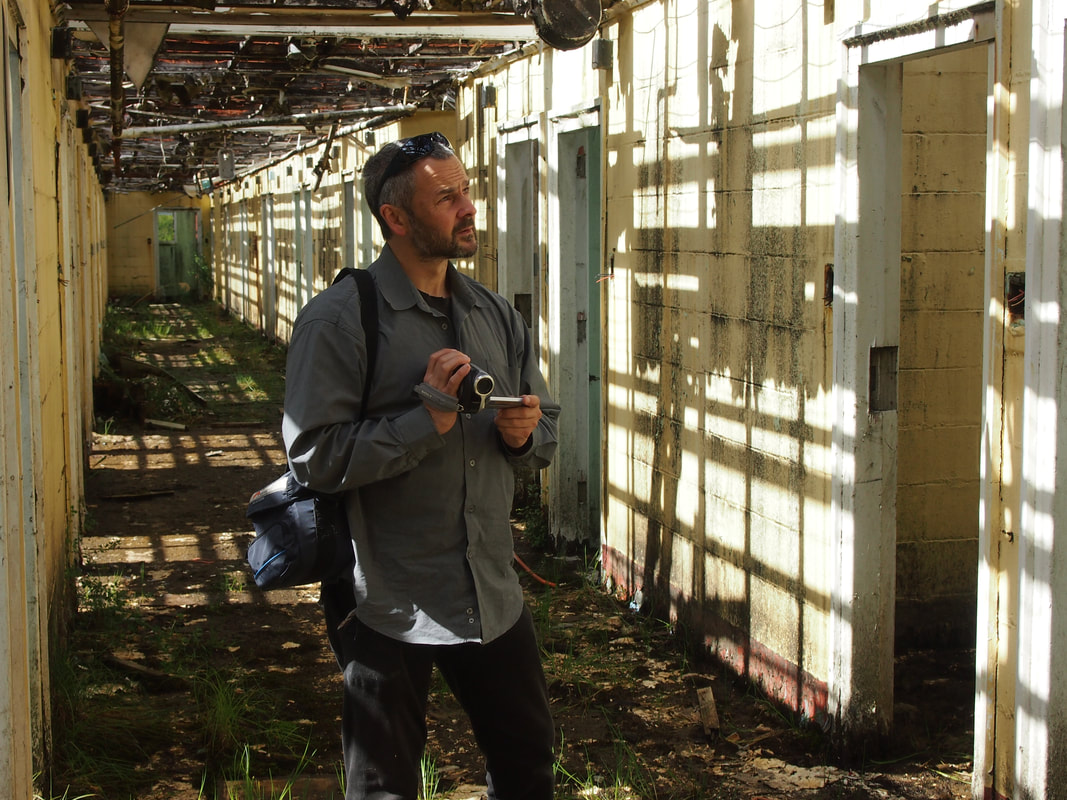
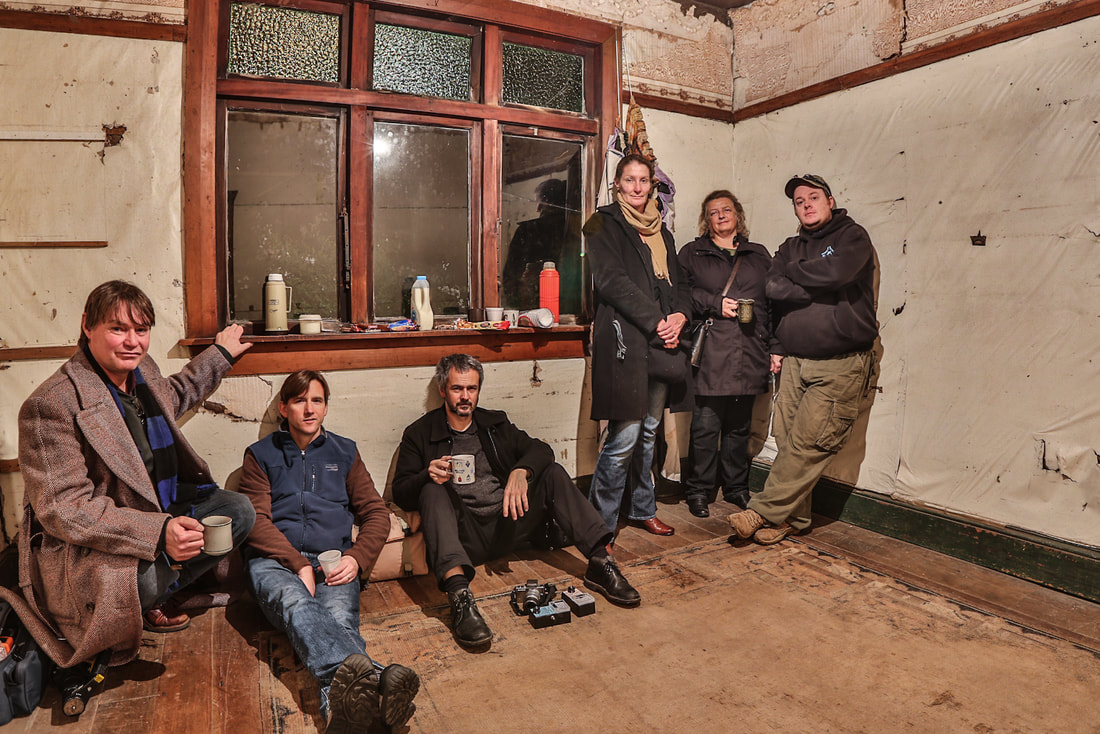
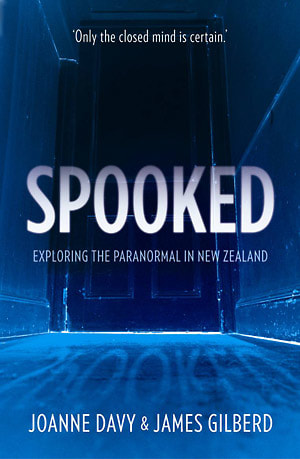

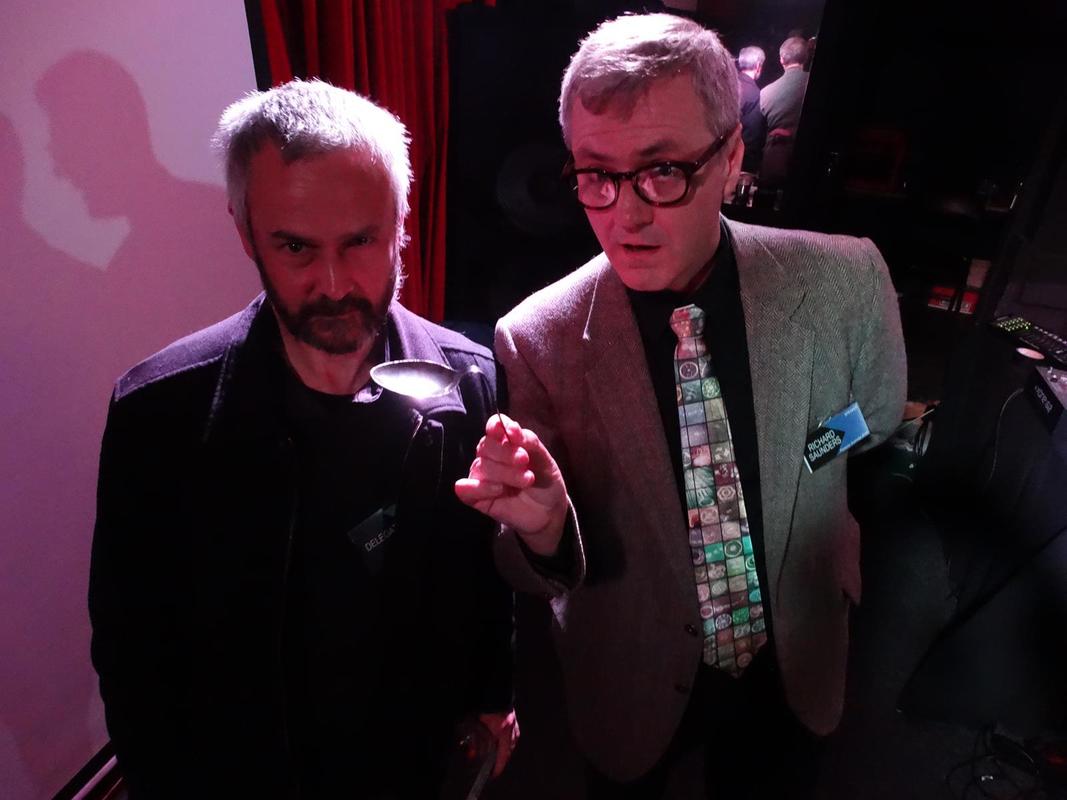
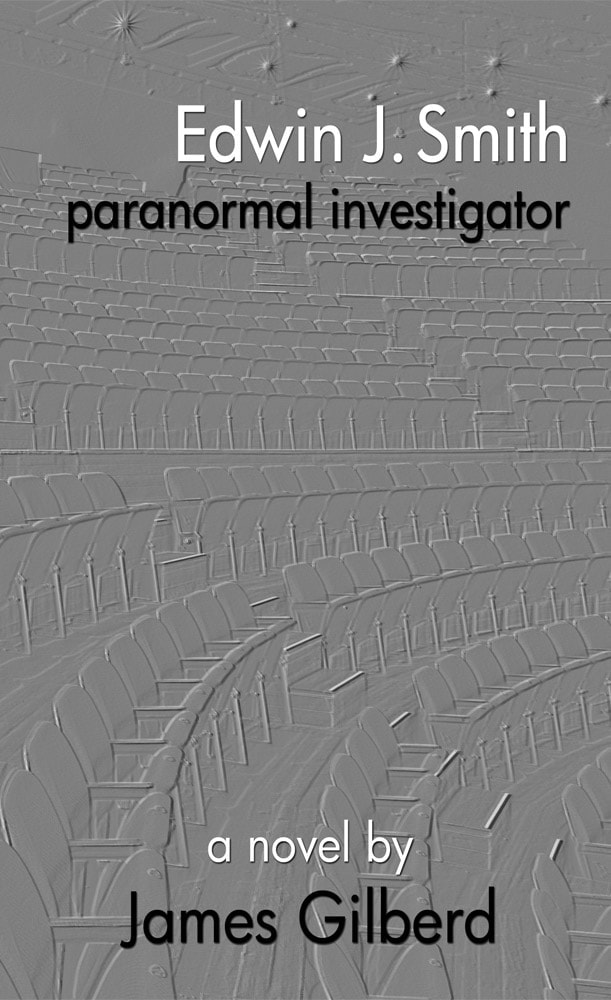
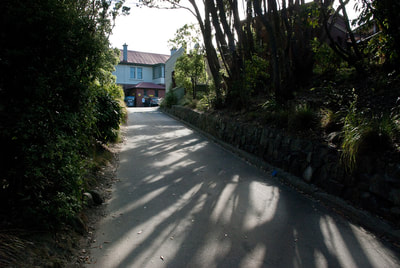
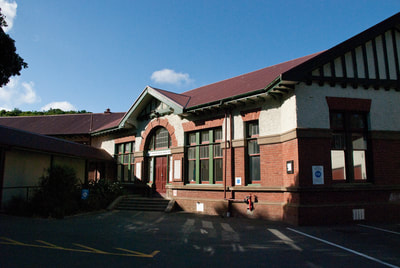
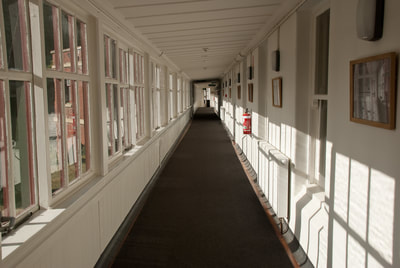
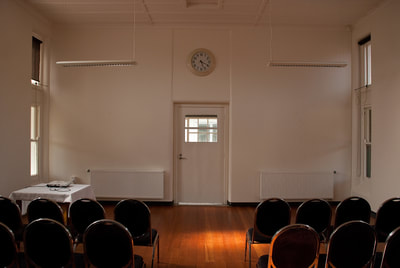
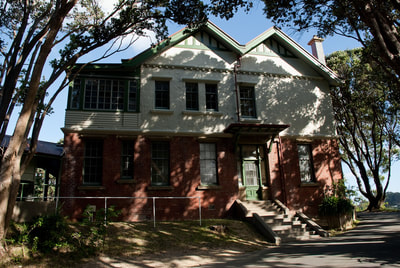
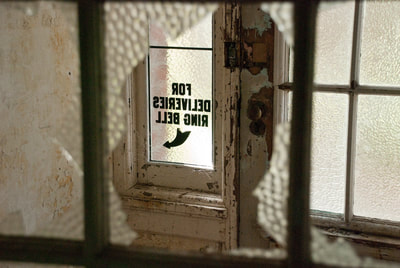
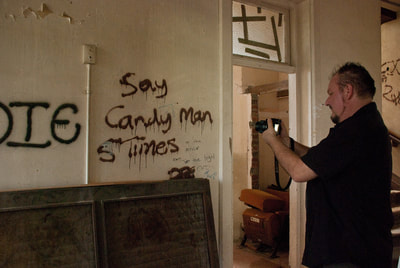
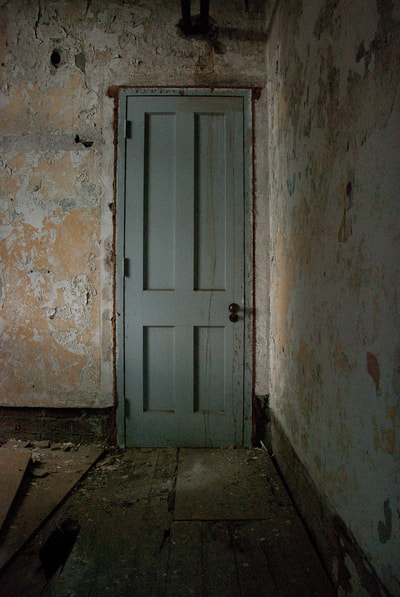
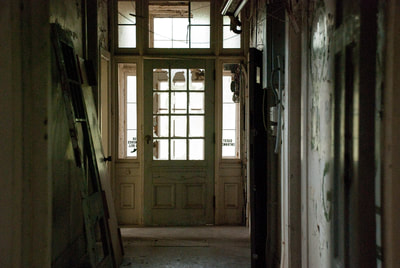

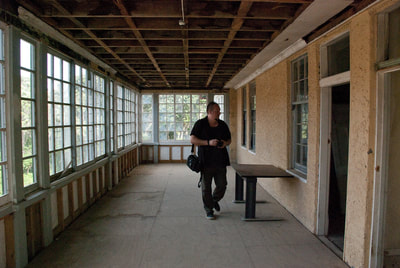
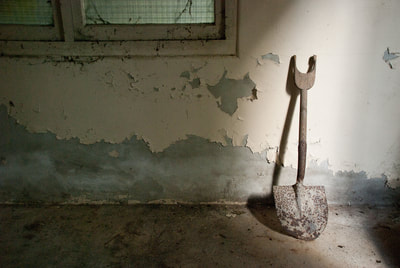
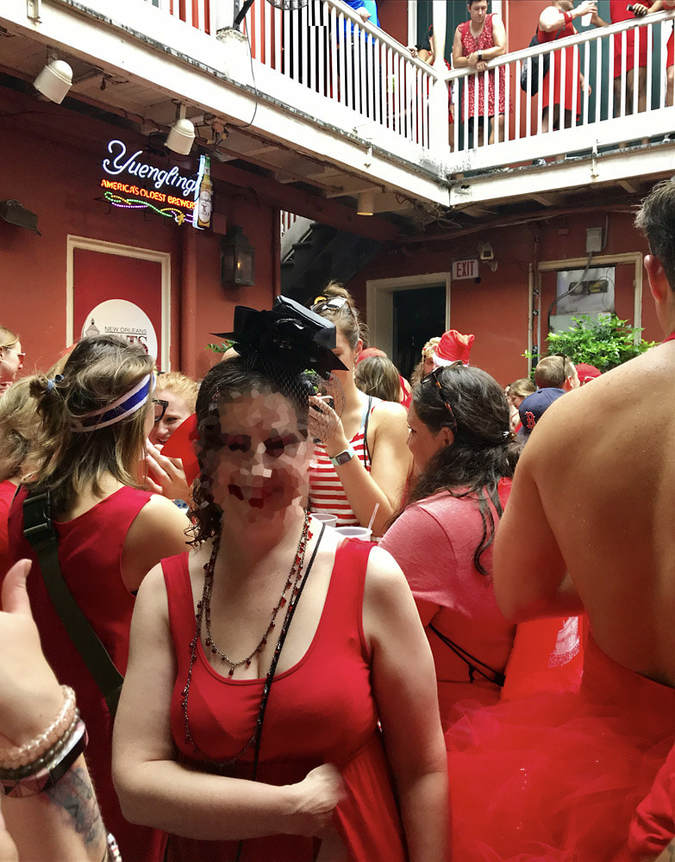
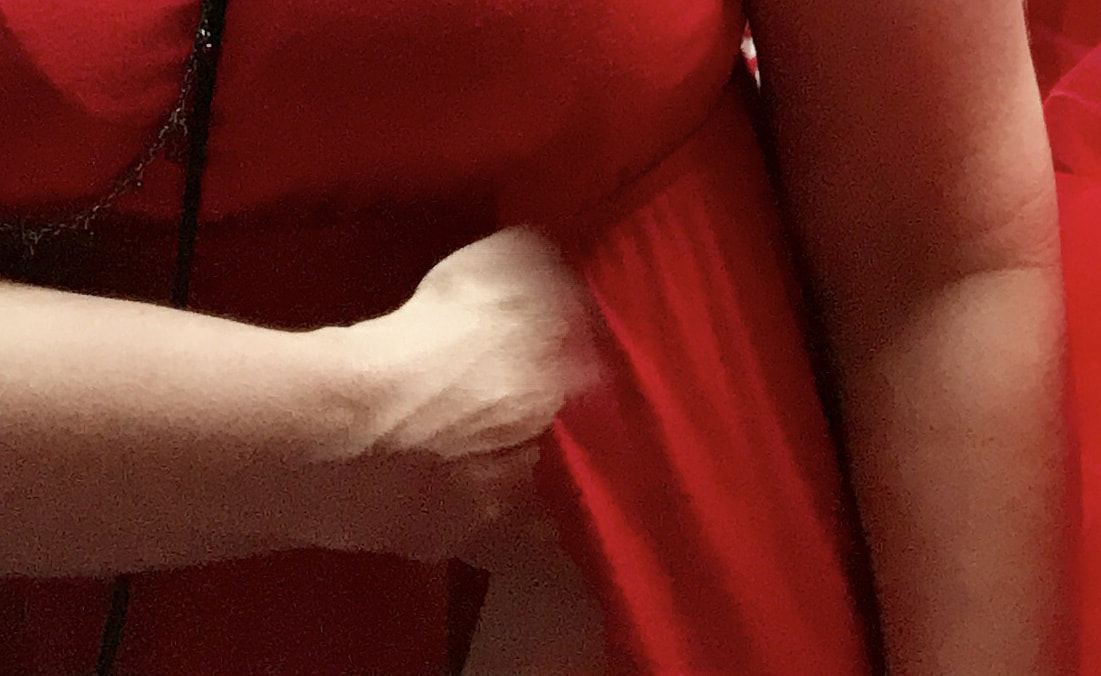
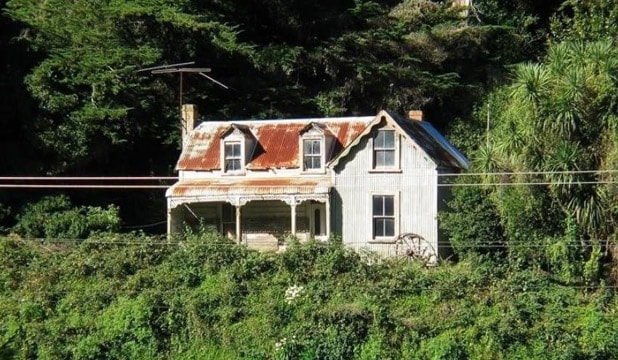
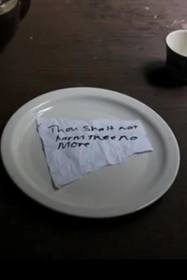
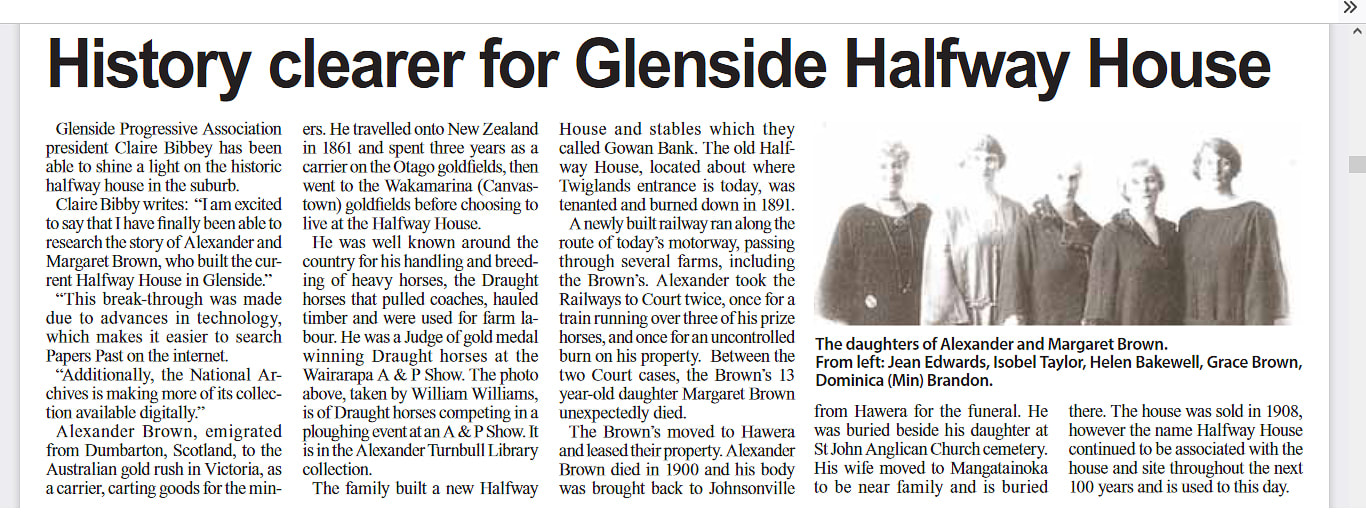
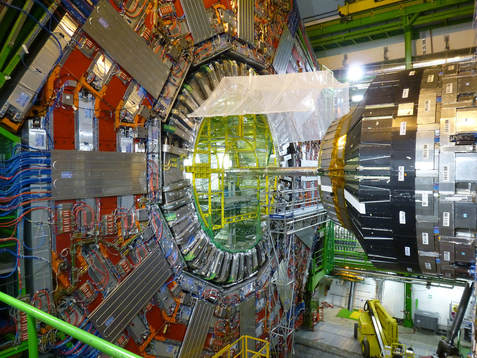

 RSS Feed
RSS Feed
